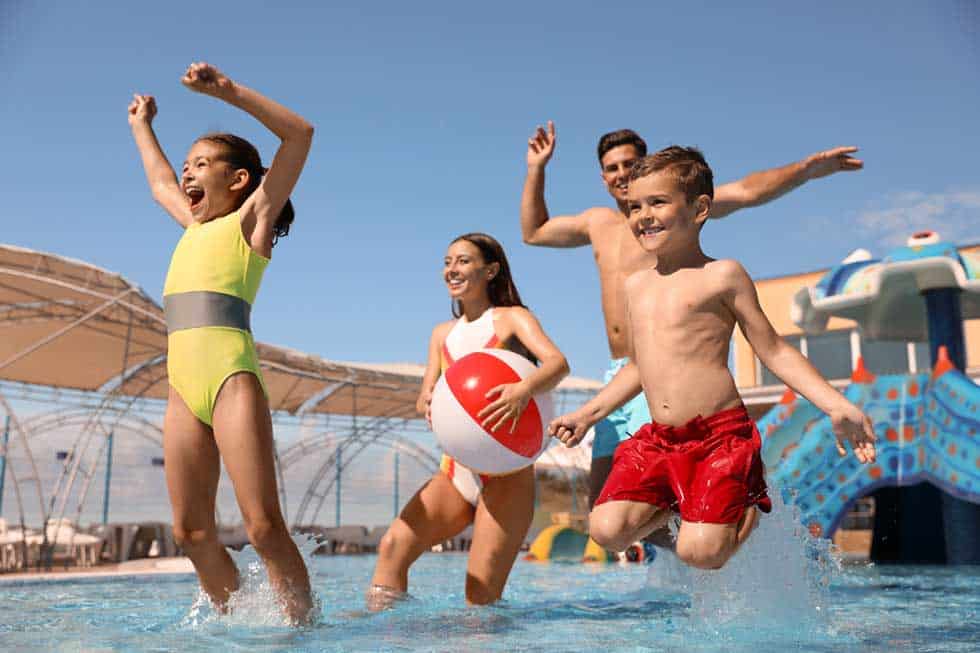
RV Camping Tips for Texas Summers: How to Beat the Heat and Enjoy Your Trip

Summer in Texas brings the promise of scenic landscapes, outdoor adventures, and unforgettable memories for RV campers. However, the scorching heat can pose some challenges. In this blog, we’ll explore practical tips and advice for RV camping in Texas during the warm summer months, including the best time to travel, staying cool, and essential safety precautions. By following these guidelines, you can ensure a comfortable and enjoyable camping experience while exploring the Lone Star State.
Best Time to Travel
When it comes to RV camping in Texas, it’s a wonderful state to visit year around. While summer offers long days and plenty of opportunities for outdoor fun, the peak months of June, July, and August can be warm, so it is good to be prepared. Consider planning your trip for late spring or early fall when the temperatures are more moderate. April to May and September to October offering pleasant weather and fewer crowds. November to March is when winter Texans migrate to Texas for the warmer weather, great times, and Southern hospitality. Additionally, keep an eye out for any special events or festivals that might influence your travel plans and consider booking your preferred RV campgrounds well in advance.
Staying Cool in the RV
To beat the Texas heat inside your RV, start with choosing a well-insulated unit that can help maintain a comfortable temperature. When parking your RV, aim for shaded spots to shield your vehicle from direct sunlight. Utilize awnings or create your own shaded area with canopies to help keep the interior cool during the hottest hours. Proper ventilation is crucial, so ensure your RV’s air conditioning is in top-notch condition. To further enhance airflow, use fans or portable cooling devices inside the RV to maintain a pleasant atmosphere.
Beating the Heat Outdoors
While Texas summers can be sweltering, you can still enjoy outdoor activities by planning smartly. Schedule your outdoor adventures during cooler parts of the day, such as early mornings or late evenings when temperatures are more bearable. Consider heading to nearby lakes, rivers, or water parks for refreshing water-based activities like swimming, tubing, or kayaking. Exploring higher elevation areas or seeking out nature spots with ample shade can also provide respite from the heat during day trips and hiking excursions. Don’t forget to wear breathable clothing, apply sunscreen, and pack hats and sunglasses to protect yourself from the intense sun rays.
Hydration and Food Safety
Staying hydrated is paramount during Texas summers. Always carry an abundant supply of water with you and encourage everyone in your camping party to drink regularly. Be cautious with caffeine and alcohol consumption, as they can contribute to dehydration. When it comes to food safety, store perishables properly to prevent spoilage and the risk of foodborne illnesses in hot weather. Consider using coolers with ice packs to preserve freshness, and ensure your RV’s refrigerator is functioning well.
Safety Precautions
As much as we want to make the most of our RV camping trip, safety should never be compromised. Familiarize yourself with the signs of heatstroke and heat exhaustion, and act promptly if you or someone in your group experiences these symptoms. Prepare a first-aid kit tailored for summer camping emergencies and keep it easily accessible at all times. Never leave pets or children unattended in the RV or vehicle, especially during hot weather. Lastly, be cautious with campfires, and always adhere to campground rules and regulations regarding fire safety. Remember that dry conditions can increase the risk of wildfires, so take extra care to prevent any accidents.
Conclusion
With the right planning, preparation, and safety precautions, RV camping in Texas during the summer can be an incredibly enjoyable experience. By choosing the best time to travel, staying cool in and outside your RV, and being mindful of safety measures, you can make the most of your trip while savoring the natural beauty of the Lone Star State. Embrace the warmth and immerse yourself in the wonders of Texas, creating cherished memories that will last a lifetime. Happy camping!
At TBG RV, we’re happy to answer any questions about visiting Texas or staying at one of our RV Resorts, so call us today at (737) 252-0742!

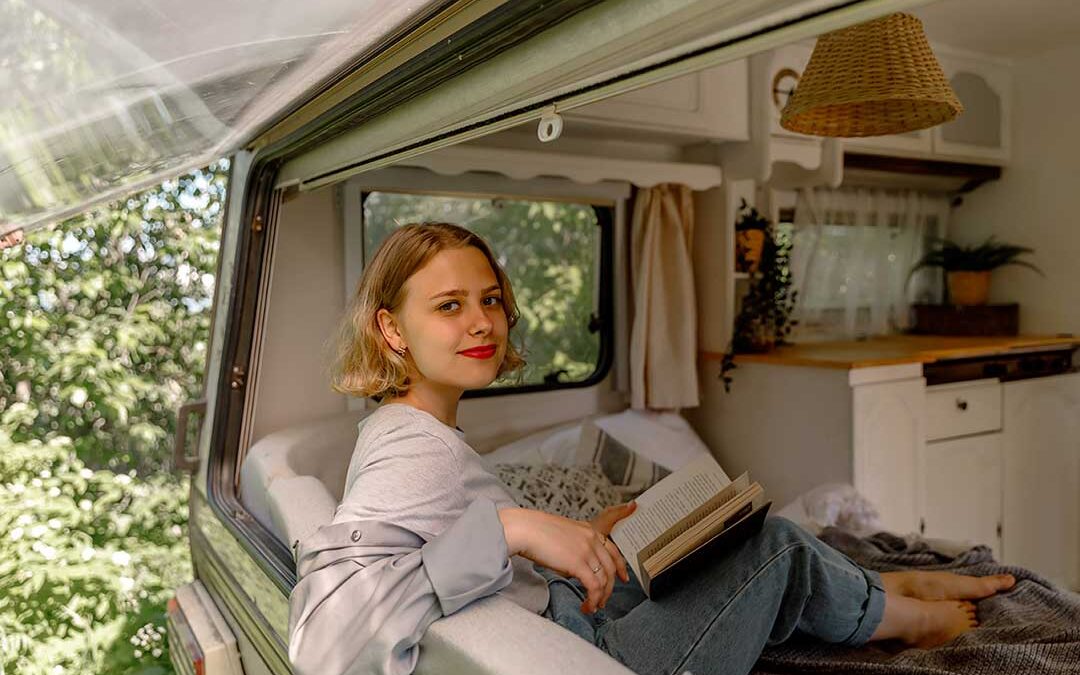
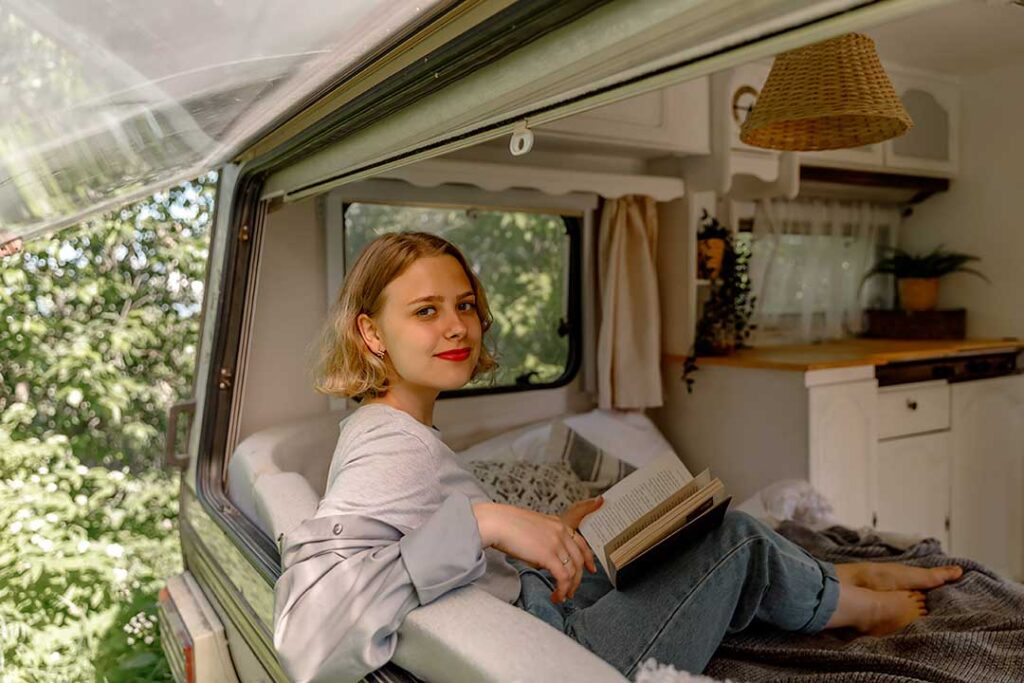
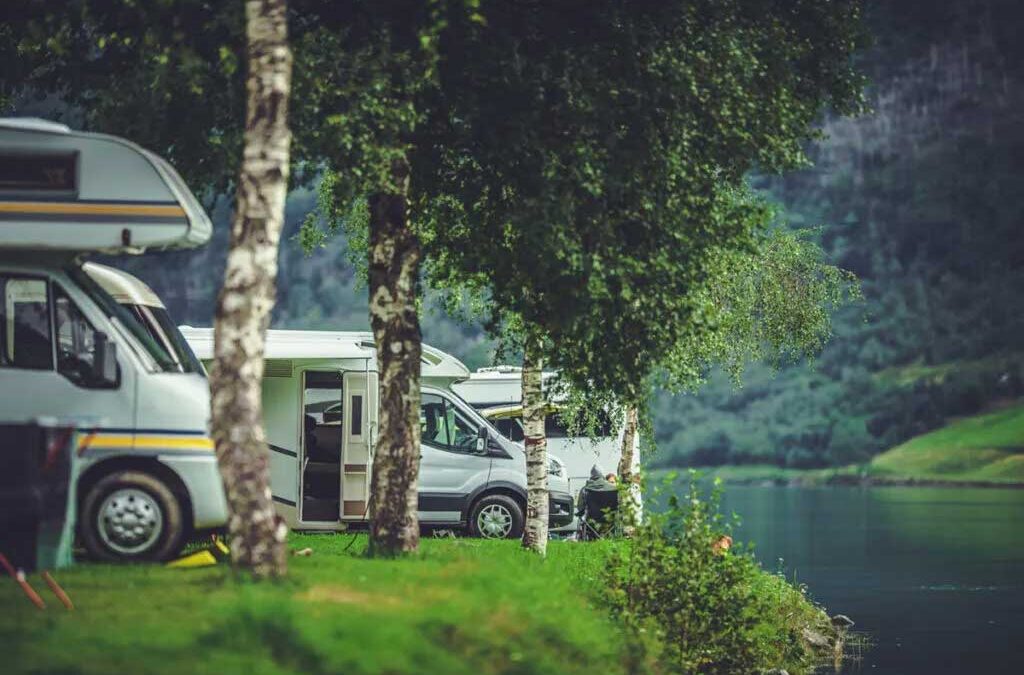
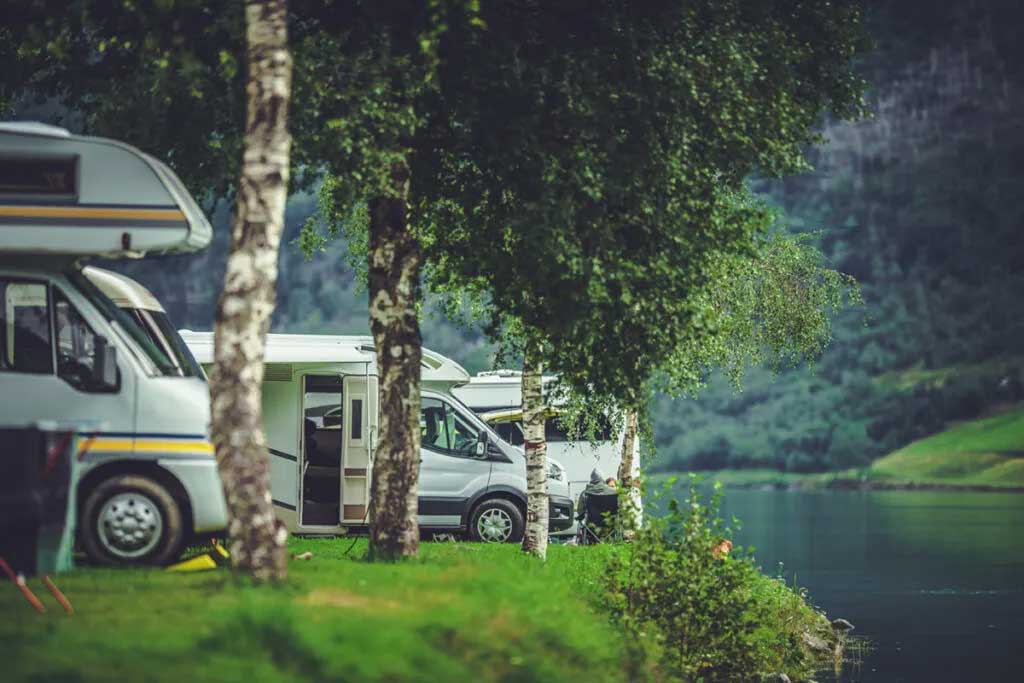
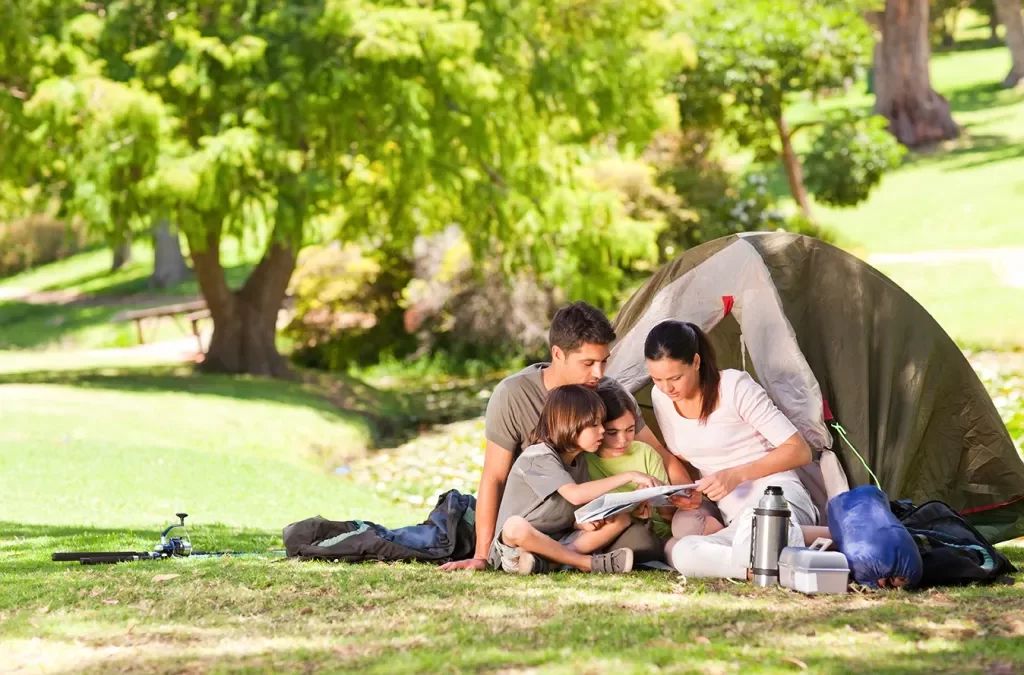
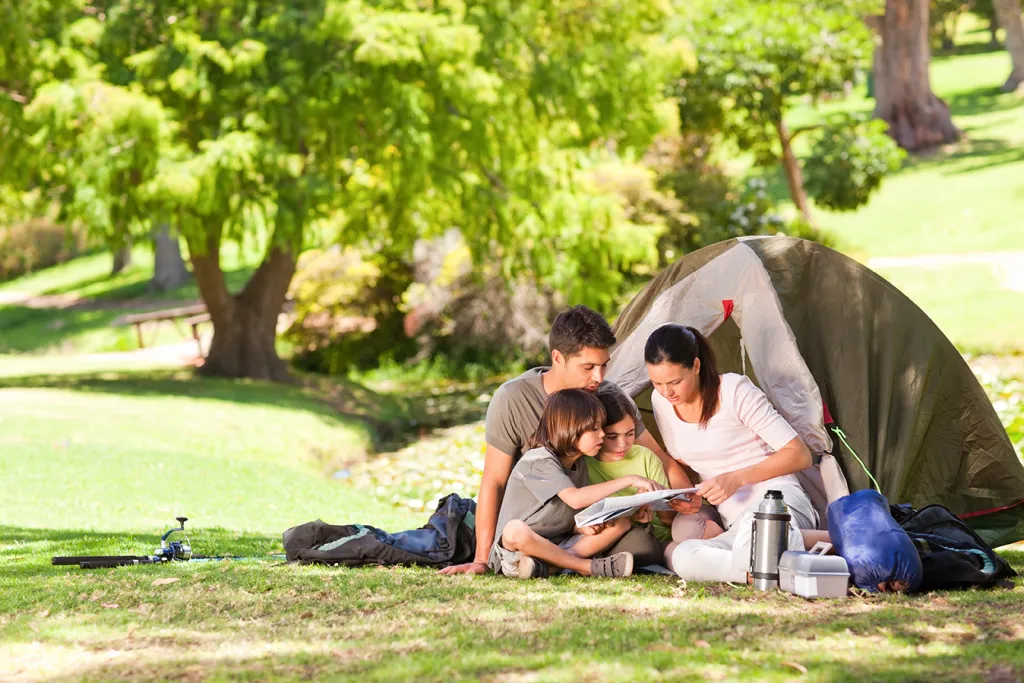
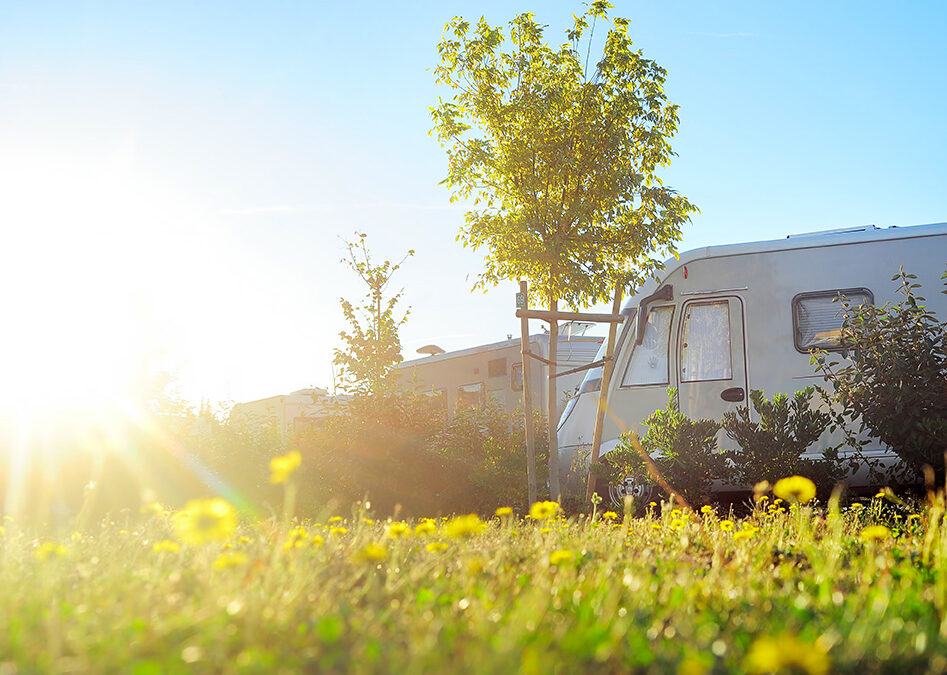

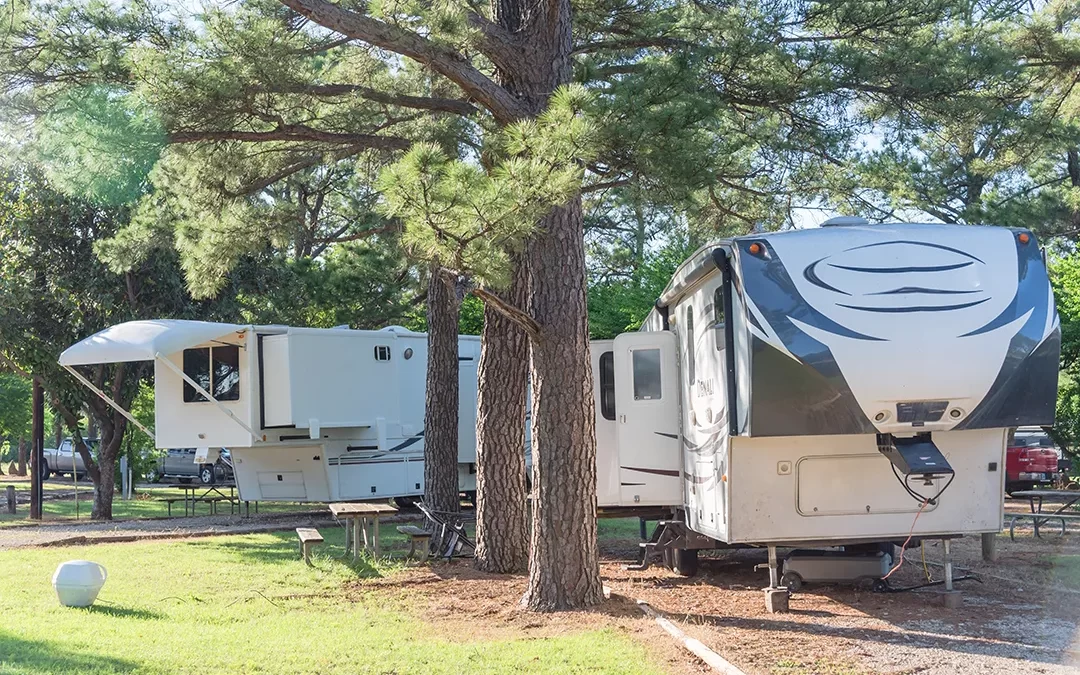
 RV campground with plenty of trees for both tent camping and RV sites in Texas, America If you’ve ever been to Texas, you’ve probably encountered Texan pride. Texans love their state, and for a good reason! Even if you’re from the Lone Star State, there is still a lot to discover. If you love hitting the road in your RV, learn why you should head to the hot spots for camping in Texas.
RV campground with plenty of trees for both tent camping and RV sites in Texas, America If you’ve ever been to Texas, you’ve probably encountered Texan pride. Texans love their state, and for a good reason! Even if you’re from the Lone Star State, there is still a lot to discover. If you love hitting the road in your RV, learn why you should head to the hot spots for camping in Texas.